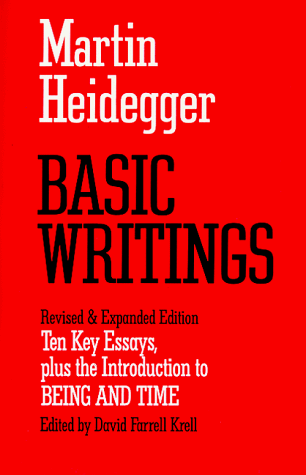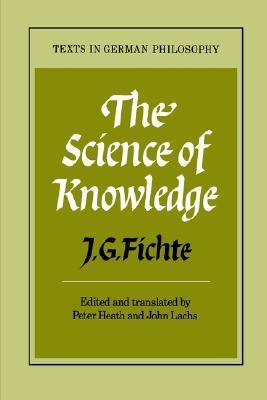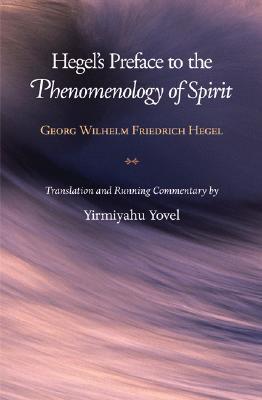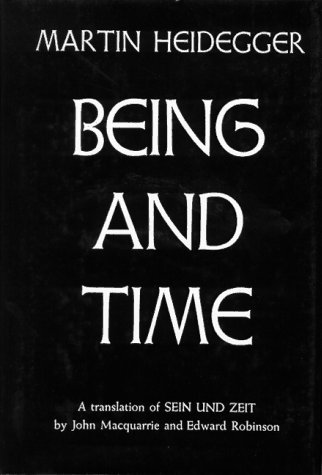
Phenomenology of Spirit
Book Description
Step into the depths of consciousness where the struggle for self-awareness ignites a philosophical revolution. In "Phenomenology of Spirit," Hegel uncovers the tumultuous journey of the human spirit—pitting desire against knowledge, and consciousness against reality. As conflict brews between master and servant, every encounter deepens the quest for fulfillment. Explore the intricate dance of existence as familiar relationships unravel and morph into something beyond comprehension. Will the spirit transcend its limitations and attain true freedom? Embark on this intellectual odyssey and discover the transformative power of understanding. Are you ready to confront the mysteries of your own existence?
Quick Book Summary
Hegel’s "Phenomenology of Spirit" is a profound exploration of consciousness and the dynamic progression toward self-awareness and absolute knowledge. Through a literary-philosophical journey, Hegel traces how consciousness evolves—first recognizing objects in the world, then reflecting upon itself through desire, recognition, and labor. The famed master-slave dialectic reveals how relationships and struggles for recognition drive spiritual growth, ultimately transforming both master and servant. As consciousness encounters and overcomes contradictions in sense-certainty, perception, and reason, it spirals toward higher unity. The spirit undergoes alienation through social and historical contexts, famously culminating in the realization of freedom and the reconciliation of self with the world. "Phenomenology of Spirit" is a meditation on the challenges of understanding, the tension between individual and society, and the ultimate potentials of human thought and freedom.
Summary of Key Ideas
Table of Contents
The Journey of Consciousness toward Self-Awareness
Hegel’s work commences by examining the basic structures of consciousness as it seeks certainty about the external world. The journey begins with immediate sensory experience, which is soon found to be insufficient and unstable. As consciousness matures, it moves through stages of perception and understanding, persistently struggling to bridge the gap between subjective experience and objective reality. This developmental path frames existence as a process of overcoming ignorance and illusion through dialectical movement.
The Master-Slave Dialectic and Recognition
One of the most renowned elements is the master-slave dialectic. In this encounter, self-consciousness seeks recognition from another. Through conflict, one consciousness becomes the master, the other the slave. Paradoxically, it is through labor and transformation of the world that the slave achieves deeper self-realization, while the master becomes dependent on the slave’s recognition. This dialectic illustrates that true independence and selfhood arise not from domination, but from mutual recognition and productive engagement with reality.
Overcoming Contradictions and Alienation
Hegel explores the experience of alienation, in which consciousness becomes estranged from itself through social roles, work, and cultural norms. Yet, this alienation is not merely negative—it is the crucible for growth. Through ethical life and participation in culture, individuals encounter contradictions and conflicts that force them to reconsider their assumptions. The resolution of alienation comes not through isolation, but through the reintegration of self and community at a higher level of unity.
The Role of History and Culture in Spirit’s Development
History and culture are depicted as the arena in which Spirit unfolds. Human development is shaped by art, religion, and philosophy, each representing a stage in the realization of freedom. History is not a simple progression, but a dialectical process involving struggles, revolutions, and reconciliation. Every epoch and culture serves a purpose in the maturation of Spirit, challenging inherited norms and expanding the scope of self-consciousness and freedom.
Attainment of Absolute Knowledge and Freedom
The journey culminates in the attainment of absolute knowledge, where Spirit recognizes itself both in the world and in thought. Contradictions are not abolished, but understood as moments within a larger unity. This self-recognition is the achievement of true freedom—an alignment of individual and universal, subject and object. In this final realization, human beings are no longer alienated from themselves or reality, and understanding becomes transformative, opening new horizons for existence and thought.
Download This Summary
Get a free PDF of this summary instantly — no email required.





